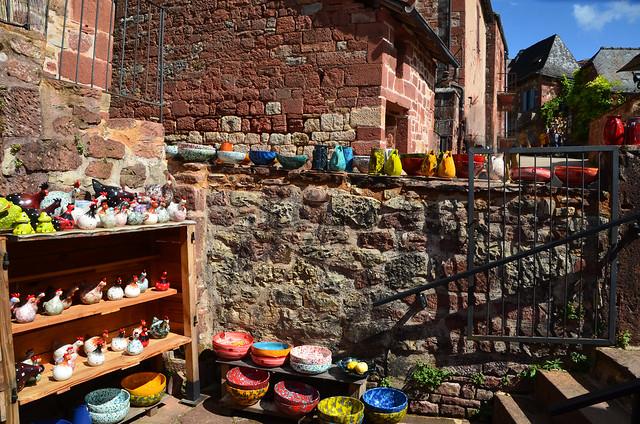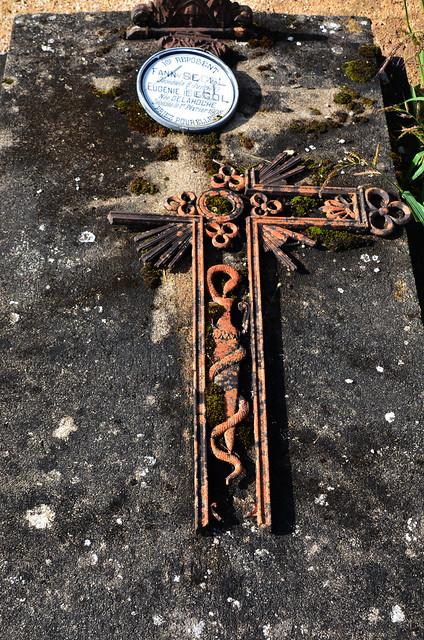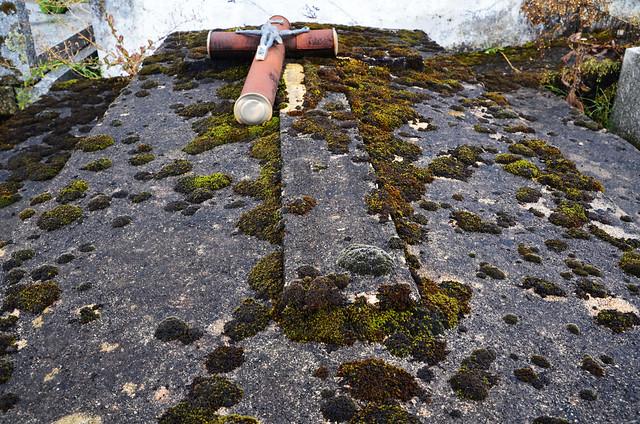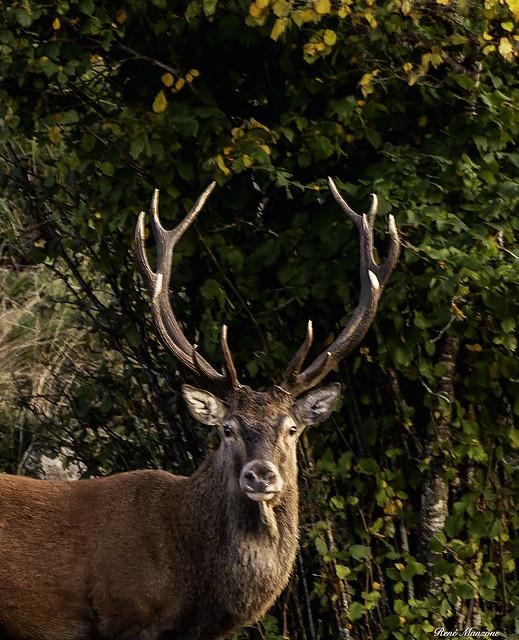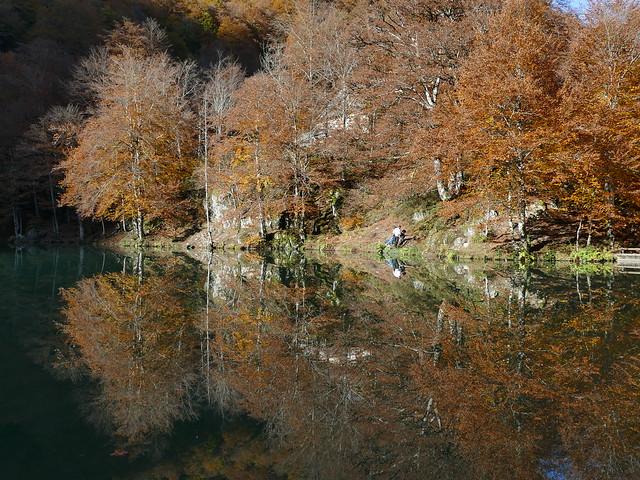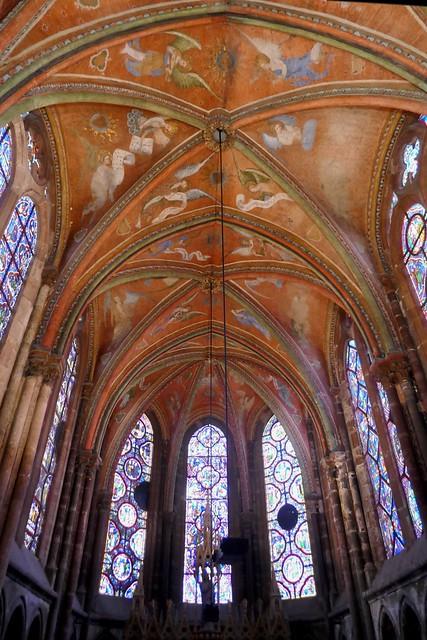Corrèze
Overview
Corrèze is a picturesque department located in the Nouvelle-Aquitaine region of south-central France, known for its lush landscapes and historical heritage. This area is rich in natural beauty, featuring rolling hills, dense forests, and meandering rivers, making it a perfect backdrop for outdoor adventures and relaxing retreats. The region's culture is deeply rooted in its history, with an array of medieval castles, quaint villages, and ancient ruins to explore. Corrèze is also celebrated for its culinary delights, particularly its local cheeses and dishes made with the prized Limousin beef. The local festivals and markets give a taste of authentic French rural life, making it a unique destination for those interested in culture, history, and nature.
The high tourist season in Corrèze runs from late spring to early autumn, peaking in July and August when the weather is warmest. During this time, temperatures typically range from 20°C to 30°C (68°F to 86°F), providing ideal conditions for a variety of activities. Visitors can enjoy hiking, cycling, and horseback riding through the scenic trails, or kayaking and fishing in the clean, fresh waters of the lakes and rivers. The summer months also bring numerous local festivities, including music festivals, food fairs, and historical reenactments, offering a lively glimpse into the region's traditions and community spirit.
Before visiting Corrèze, travelers should prepare to embrace both rural and outdoor activities. Packing should include comfortable walking shoes, appropriate clothing for variable weather (layering is key), and a raincoat for unexpected showers. Since some areas might have limited public transportation, renting a car is often recommended for those wanting to explore extensively. It’s also useful to have some basic French phrases handy, as English may not be widely spoken, especially in more rural locales. Lastly, be sure to check local travel advisories and health guidelines, especially in light of ongoing global health considerations.
How It Becomes to This
History not available

You May Like
Explore other interesting states in France


